The Advancing Sustainable Systems through low-impact Energy Technologies (ASSET) Lab contributes to achieving a sustainable and equitable world through system-driven interdisciplinary research and education.
Our research aims to reduce environmental impacts of energy systems and to safeguard energy systems against a changing climate.
Decarbonization, or reducing greenhouse gas emissions from the energy system, is a key research area for the lab. Decarbonization depends on developing low-carbon technologies and integrating those technologies into large, complex systems. While we consider both parts of the decarbonization challenge, we focus more on the challenge of integrating technologies into larger systems. Through integration analyses, we capture the operation, deployment potential, and environmental impacts of technologies given the constraints and features of larger systems in which they are embedded. We also capture how the larger system responds to the addition of the technology. ASSET Lab works across decarbonization technologies, including renewables, nuclear, carbon capture and sequestration, grid-scale energy storage, and negative emission technologies.
We also work on reducing local environmental impacts of energy systems, e.g. through improved regulatory instruments to mitigate local air quality. Sustainability and equity not only depend on how energy systems impact local communities, but on whether energy systems can reliably serve communities. To safeguard proper functioning under a changing climate, ASSET Lab quantifies how climate change might impact planning and operations of future energy systems.
Energy systems are shaped and constrained by laws and regulations, economics and markets, and engineering principles. Our research emphasizes the importance and impact of these features and often involves interdisciplinary collaboration, such as with climate scientists; electrical, mechanical, and environmental engineers; hydrologists; and economists.
To conduct our research, ASSET Lab uses small- and large-scale optimization and simulation models, technoeconomic models, uncertainty analysis, and other methods.

